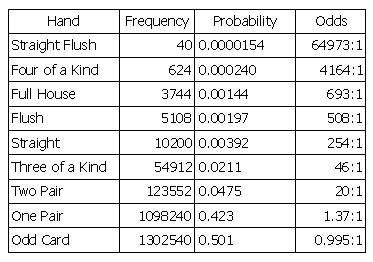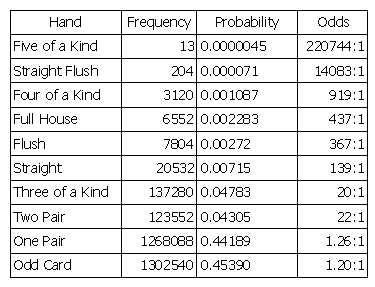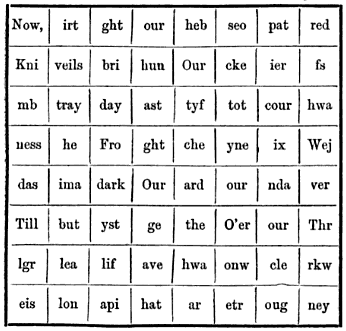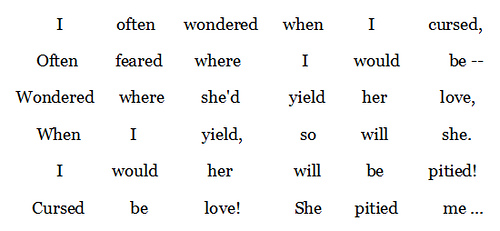On June 18, 1964, an elderly woman was walking through a Los Angeles alley when a blond woman with a ponytail pushed her to the ground and stole her purse. The blond woman escaped in a yellow car driven by a bearded black man.
Police arrested Janet Collins, a ponytailed blond woman whose bearded black husband drove a yellow Lincoln. At trial, a local mathematics instructor testified that there was 1 chance in 12 million that another couple would meet this description, and the jury convicted the Collinses of second-degree robbery. Sound reasonable?
Well, no. The California Supreme Court reversed the conviction, noting that the prosecution had offered no statistical evidence and that the mathematician had simply invented estimates for each of the six factors and multiplied them together, without adjusting for dependence or the possibility of mistake.
“The testimony as to mathematical probability infected the case with fatal error and distorted the jury’s traditional role of determining guilt or innocence according to long-settled rules,” wrote justice Raymond Sullivan. “Mathematics, a veritable sorcerer in our computerized society, while assisting the trier of fact in the search for truth, must not cast a spell over him.”






